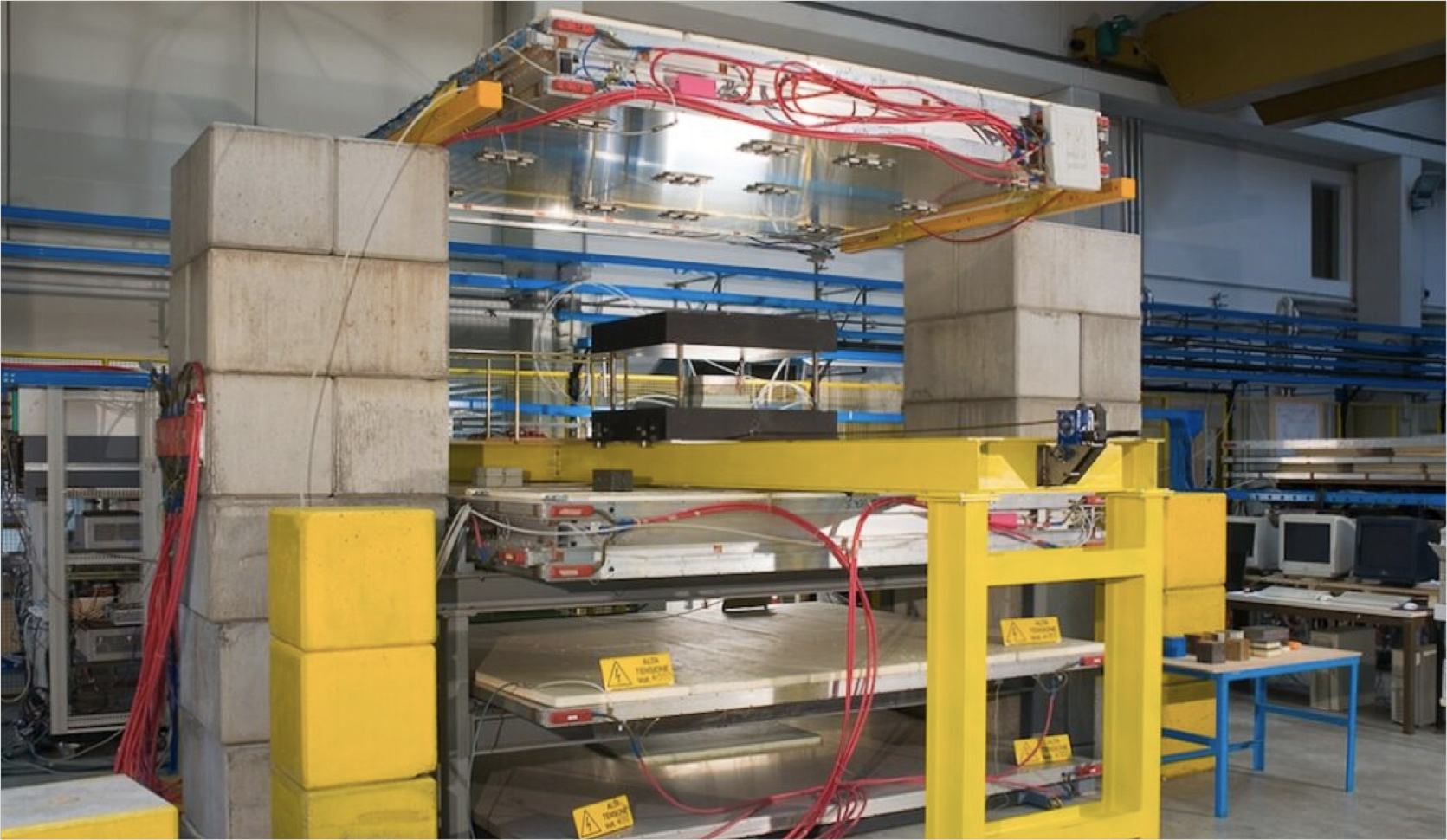Research on secure interim storage
The dry interim storage of high-level radioactive waste in Germany is currently limited in time to a maximum of 40 years. Evidence has been produced that waste can be stored safely during this period and this evidence was subject to confirmation by independent experts during the licensing procedure. Given the time limit which applies, the first storage license for the Gorleben interim storage facility operated by BGZ will expire in 2034.
As the repository for high-level radioactive waste, in accordance with the Site Selection Act, is not planned to go into operation before the middle of this century, BGZ is already preparing for the eventuality that waste will have to be held in interim storage for a longer period of time. Waste can only be stored for a longer period of time if it can be shown in public licensing procedures that it can be kept in interim storage for longer than 40 years in accordance with the state-of-the-art in science and technology applying at the time.
The scientific evidence needed to assess safety is obtained by BGZ by various means, including participating in national and international research, by exchanging information with external experts and within specific international cooperation projects. BGZ is participating in the following research programmes on the safe interim storage of radioactive waste.
FH Aachen University of Applied Sciences and BGZ are also together making the case for the retention of expertise in nuclear waste management by cooperating on a master of science degree course in Nuclear Applications. The in-depth course on Nuclear Waste Management enables postgraduate students to specialise in this field.
Research undertaken by the Nuclear Energy Agency
BGZ is involved in various research activities with the Nuclear Energy Agency of the Organisation for Economic Cooperation and Development (OECD-NEA). The scientific programme is being developed and implemented in working parties and expert groups under the auspices of the Nuclear Science Committee (NSC), which is made up of internationally recognised scientific experts from OECD member states. There is close exchange with the NEA Data Bank. The NEA Data Bank is the international reference centre for computer codes, nuclear and thermochemical databases. BGZ is specifically involved in the Working Party on Nuclear Criticality Safety (WPNCS) and work on the SFCOMPO 2.0 database (Spent Fuel Isotopic Composition). The OECD-NEA also coordinates the Studsvik Cladding Integrity Project, which is described below.




